The descent of air travel
My final project for the MA in Design for Change at the University of Edinburgh. Three months to research a chosen issue and develop a creative proposition which intends to foster change in the social, technical and/or environmental sphere. For me, this was exploring the values and perceptions related to commercial air travel and whether they might be shifted through the use of participatory workshops (and all this while being in lockdown).
The issue: The West's excessive amount of consumption and production is causing irreversible ecological degradation. Increasing floods are displacing people from their homes, and rising temperatures are leading to wildfires and scorching summers. Despite the changing climate, we are pushed to spend and consume, creating a culture of mass consumption and a reliance on economic growth to support society.
Commercial air travel is a resource intensive industry, yet it has become the favoured form of transportation for leisure trips as well as longer work journies. Flying enables our fast-paced living and to travel to different places very cheaply. The aviation industry thrives off this unsustainable behaviour and (along with the support of the UK government) seeks to expand its growth.
Technological solutions aren't the answer if the UK is to reach carbon neutrality by 2050. Sustainable fuel requires the further destruction of forests, rare metals are mined for heavier lithium batteries, and when lighter aircrafts are constructed for more natural resources, where will the unwanted planes go? As for carbon offsetting, there are a number of issues with the scheme, from passengers not understanding what it is, to creating more ecological issues in the Global South.
A scaling down of consumption and production is necessary in order to tackle climate change. This also includes a scaling down of commercial air travel and for people to take fewer flights. However, despite society's awareness of the changing climate and the need for action, people continue to fly for leisure and work. So what role does design have in helping to shift the current culture of over consumption and production?
To better understand people’s values and perceptions of flying, their knowledge of the environmental impact of flying, and what change they might make to reduce their flying, an open design approach was used. The following research question was developed: how can design workshops help people shift their values and perceptions related to flying?
A small handful of marketing posts from various airlines from June to August 2020
Methodology: Findings from my literature review on participatory design, as well as recent experience of participating in climate change workshops, revealed the importance of designed discussions. Activities which put participants first and encourage the sharing of knowledge and opinions, result in genuine and productive exchanges between people.
To further inform my own workshops, I conducted an online survey with people who have flown in the last 12 months to scope out values related to flying. In addition, an expert interview took place with Flight Free UK to find out the effective methods for raising awareness of the impact of air travel.
Dada-inspired cover art for workshop presentation slides
Design workshops
I hosted two online workshops on Zoom and used Miro boards to facilitate the sessions. The first workshop, a pilot, had four participants and started with a breaching experiment. Participants listed the positive and negative values associated with flying, created and shared individual provotypes, and were prompted by some designs aimed at getting people to fly less. The next section began with a discussion on climate change, then they discussed future issues of the air travel industry, and finished with a scenario planning activity.
I hosted two online workshops on Zoom and used Miro boards to facilitate the sessions. The first workshop, a pilot, had four participants and started with a breaching experiment. Participants listed the positive and negative values associated with flying, created and shared individual provotypes, and were prompted by some designs aimed at getting people to fly less. The next section began with a discussion on climate change, then they discussed future issues of the air travel industry, and finished with a scenario planning activity.
To obtain more data about values and collect more provotype ideas, a second shorter workshop took place with three people who participated in the breaching experiment.
Below are some examples of the provotypes drawn by participants. They each chose a value they associated with flying and were asked to flip the value on its head to create a provocative object/scenario. Participants challenged the experiences and perceptions that they and others have become used to in air travel. Some discussion points included the inconveniences of flying, the loss of wonder for frequent flyers, and the effect online social platforms have on travel and identity.
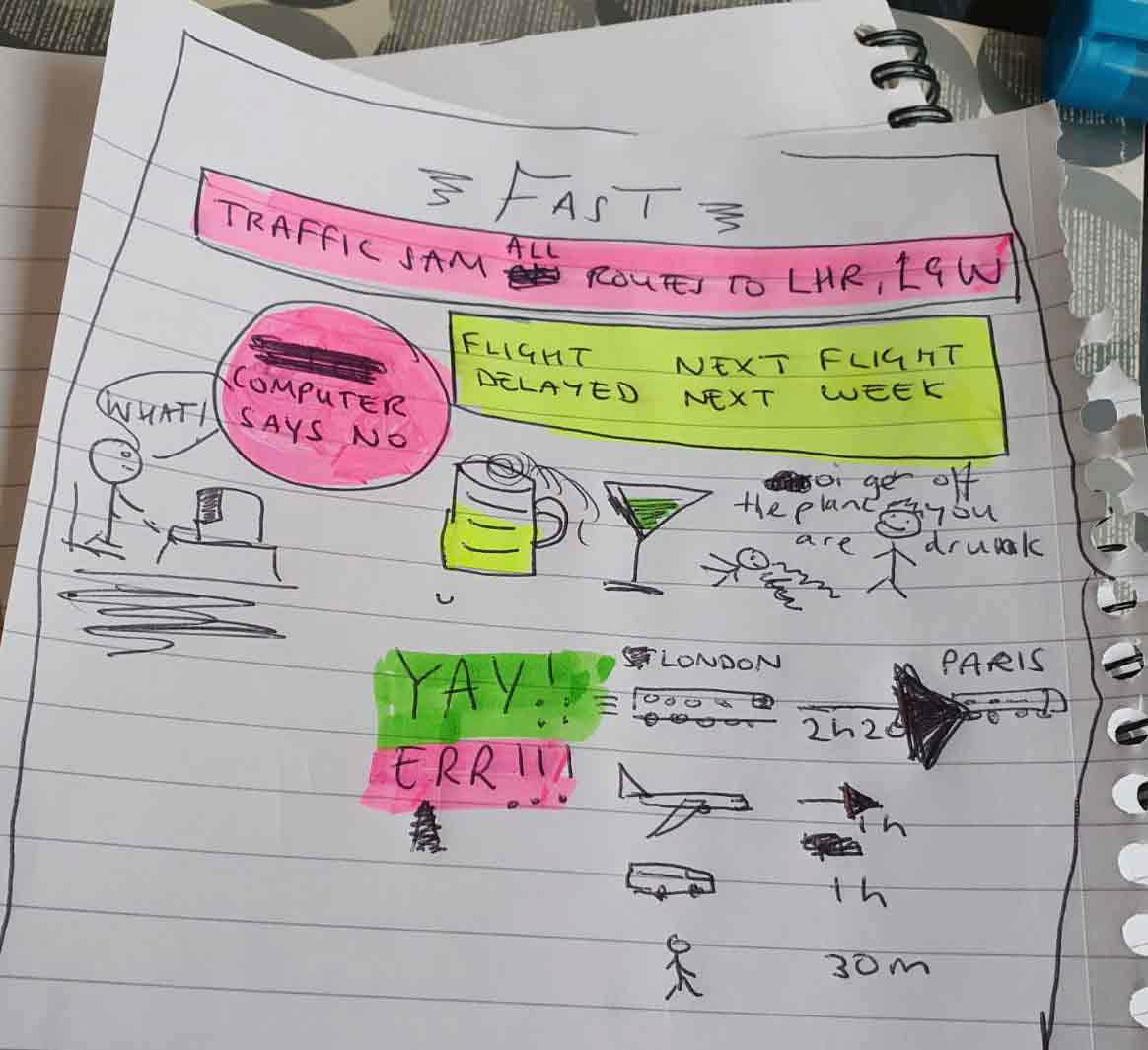
Fast
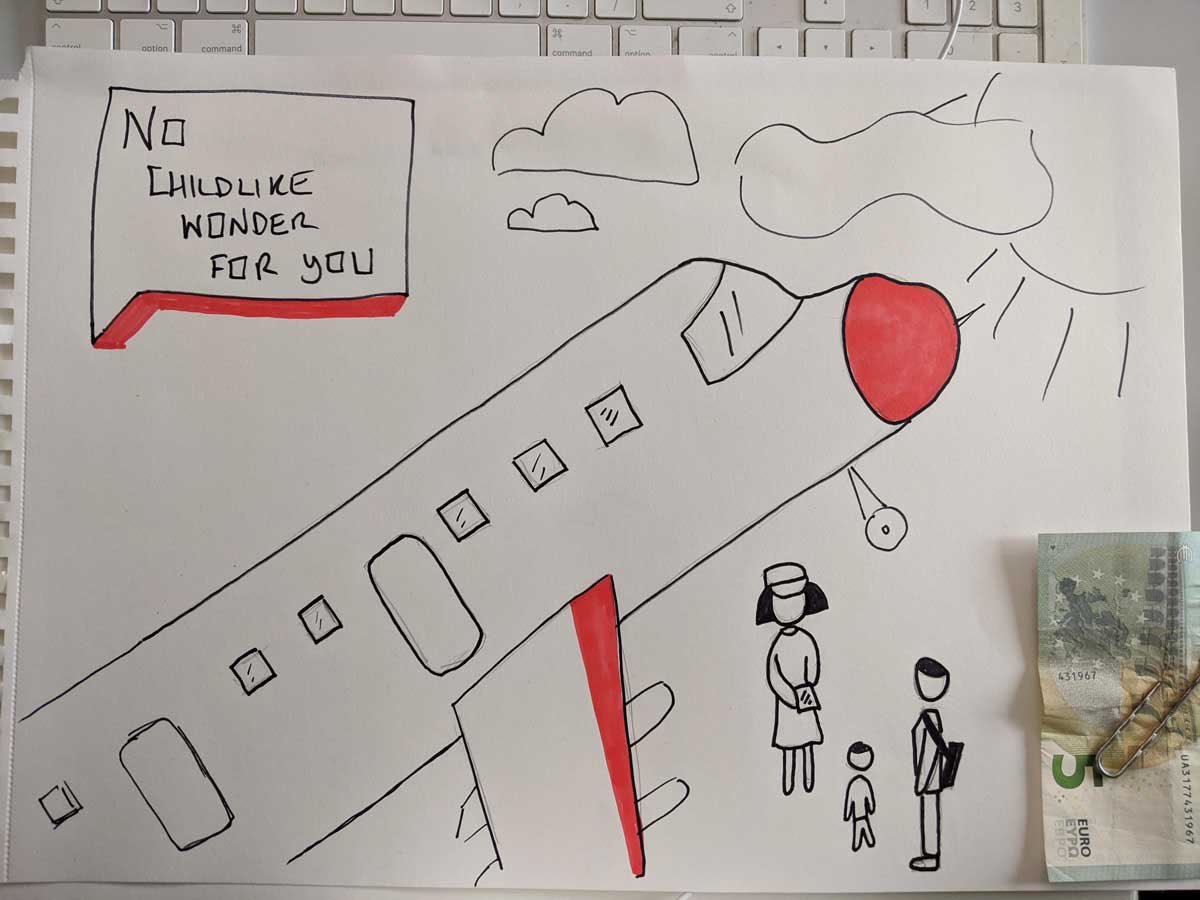
Childlike wonder
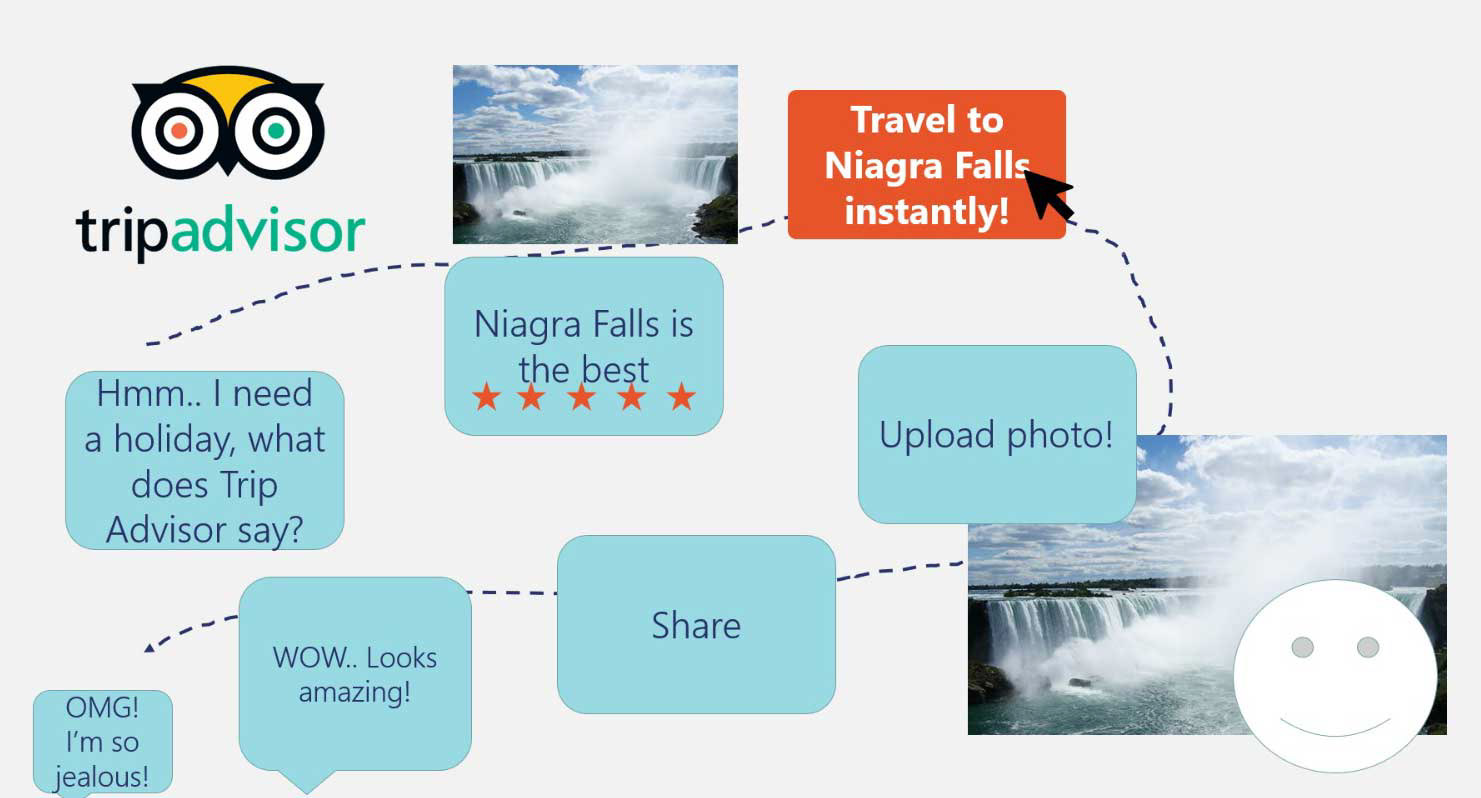
Excitement of going somewhere new
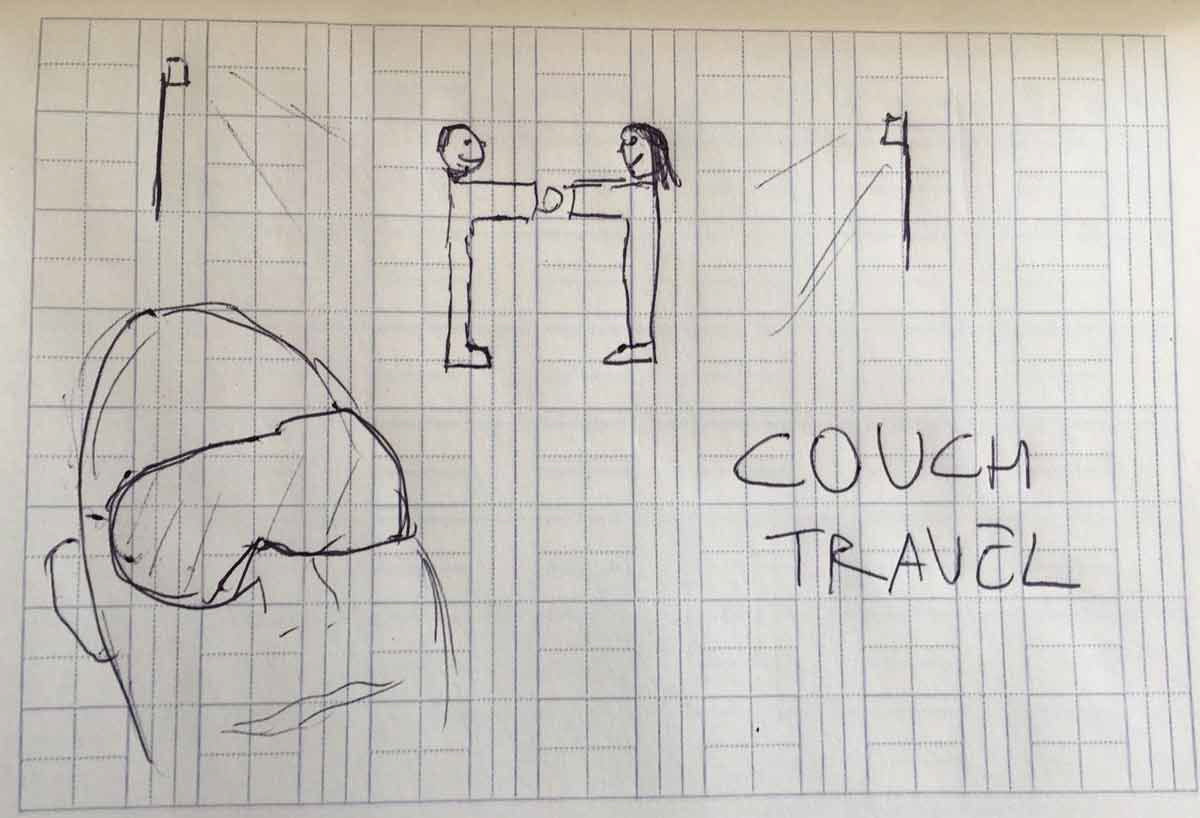
Hospitality
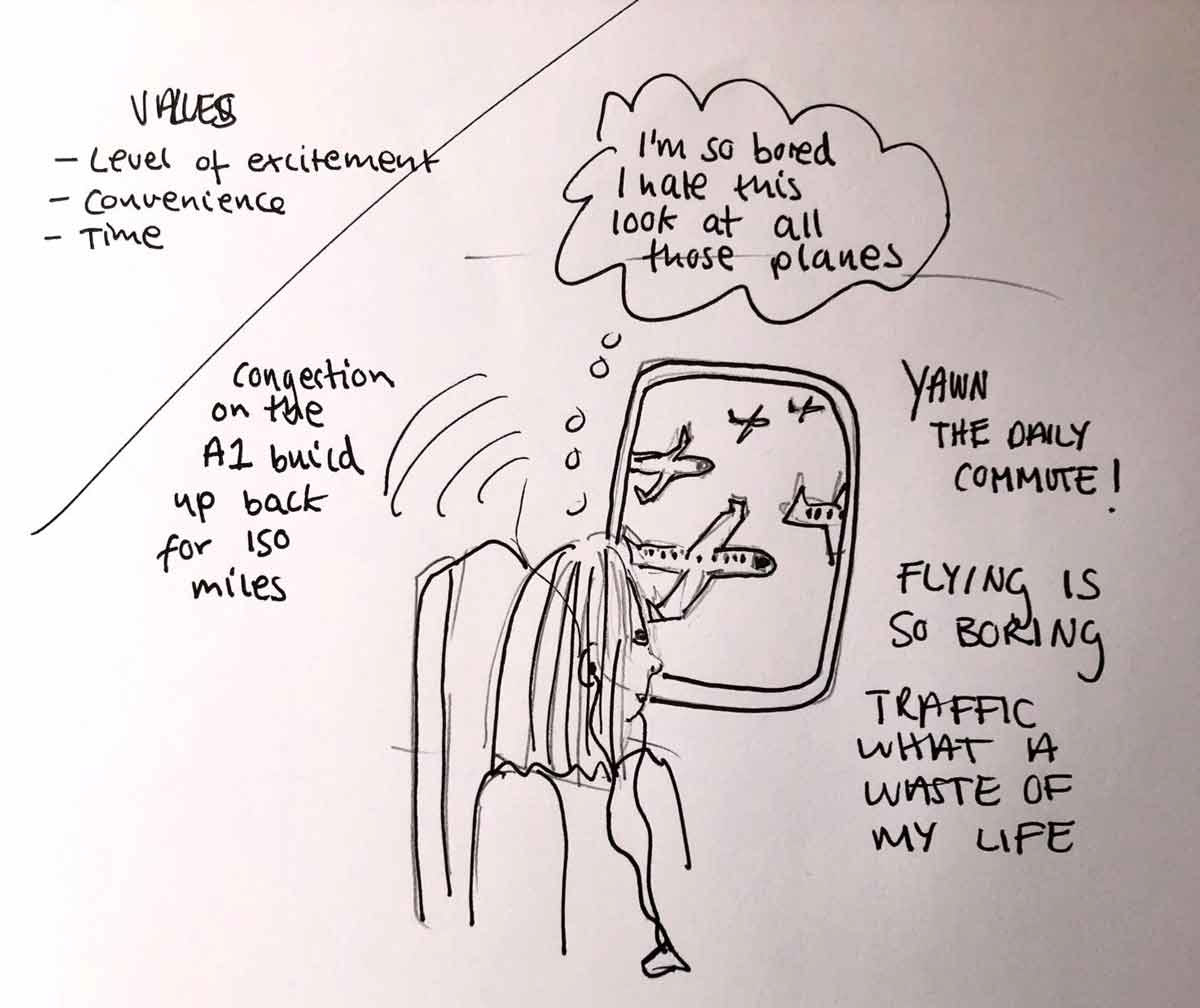
Excitement/convenience/time
Design prompt – if flights were taxed appropriately how would this change your flying behaviour?
Design prompt – comparing two different travel scenarios to understand social influence
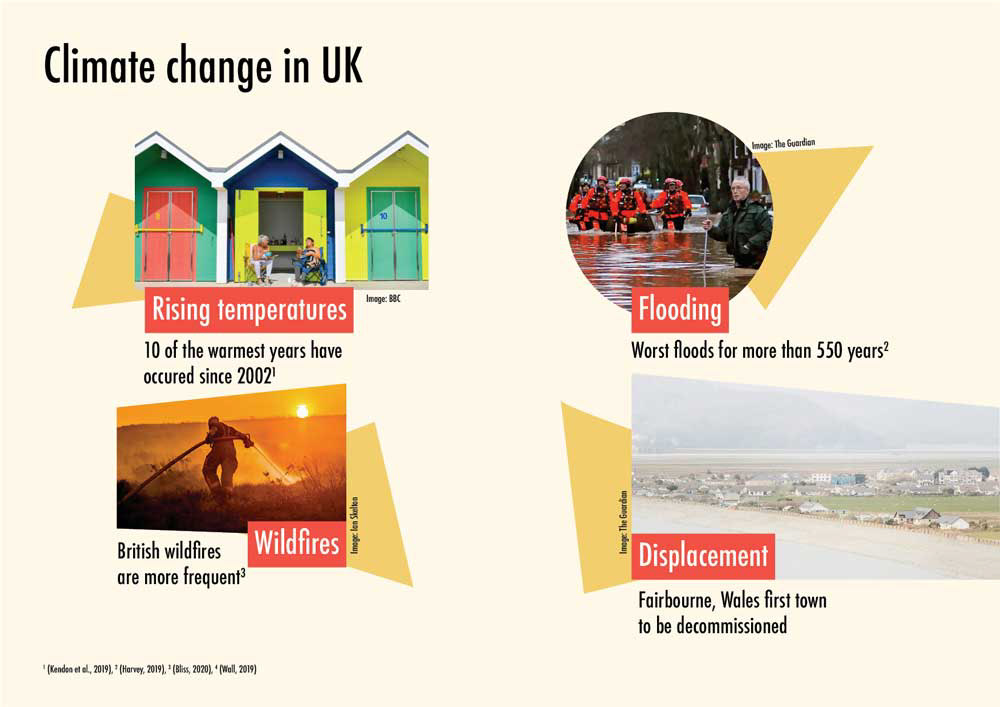
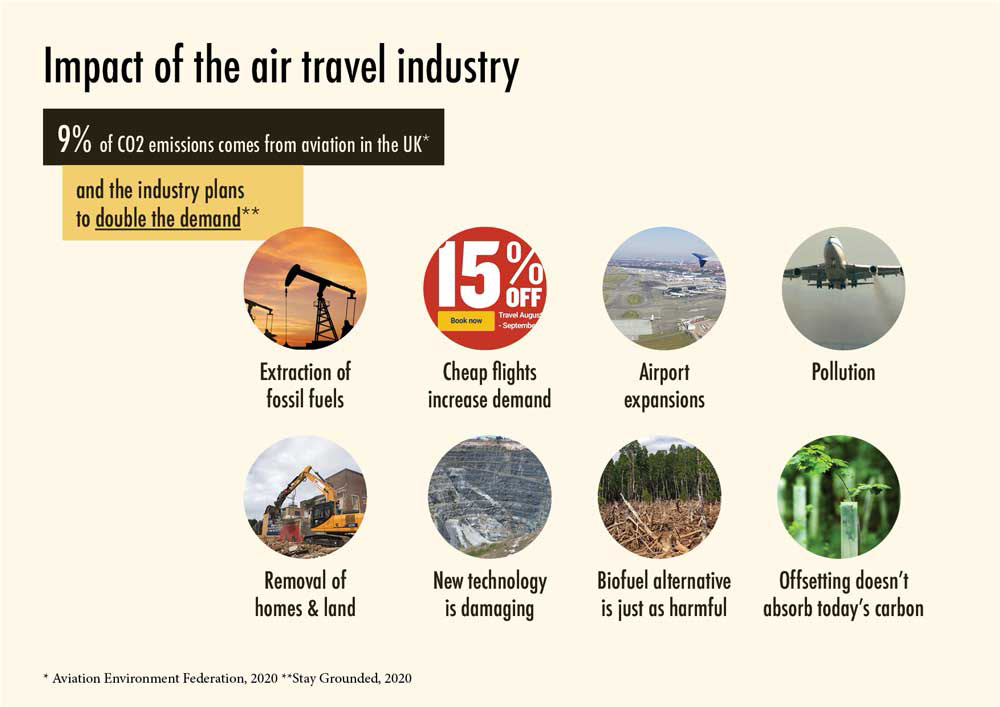
After a discussion about climate change, the air travel industry's impact, and the push to lower carbon emissions before 2050, the group brainstormed as many issues they could think of for air travel in the future. Participants then had to select four of these to transfer to a scenario planning matrix.
Listing the issues or questions for air travel in the future
The four different scenarios formed by the group
Values and themes had emerged from the scenario planning activity such as privatisation and governance. The group asked political questions like who has ownership over an energy resource? And how can transportation be more accessible? They said the government lacks political capital to see through long-term projects, and communities should be more involved in decision making.
The design workshops enabled participants to challenge the values related to flying but they also revealed a tension between structure and individual agency. Consumers cannot be expected to change their behaviour alone. There needs to be structures in place to support the scaling down of an activity such as air travel. Governments are also represented by the people so a reduction of flying also requires an informed society to push for policy change. There is an opportunity for design workshops to engage more people from different organisations and communities to listen and learn from each other and plan for a sustainable future.
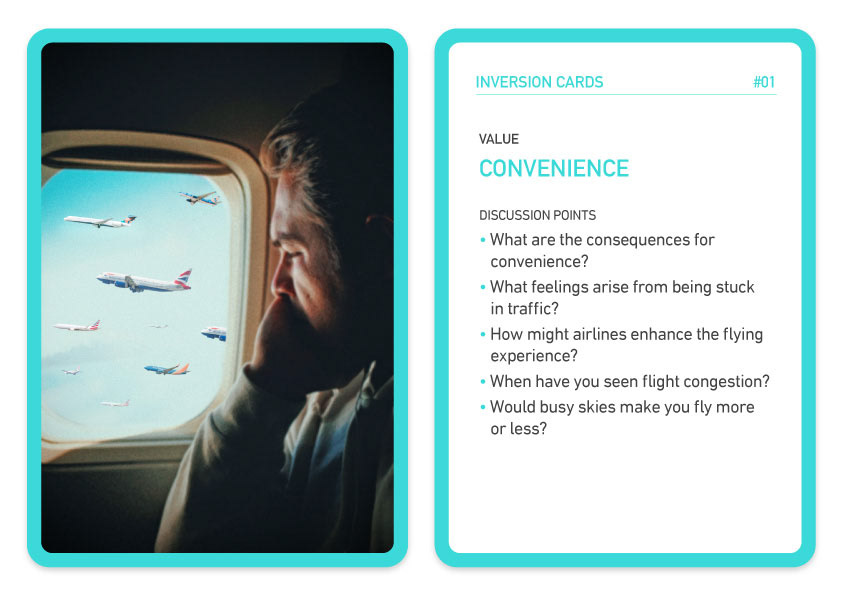

To aid future workshops I’ve designed these ‘inversion cards’ which are design prompts for discussion around the values related to flying. Based off the provotypes created by participants, these have the potential to be used in workplaces where flying is still preferred, or in activist or community groups. The inversion cards can also be adapted for workshops exploring values related to other activities that rely on mass consumption and production.
For more information about this MA dissertation project, please don't hesitate to get in touch.